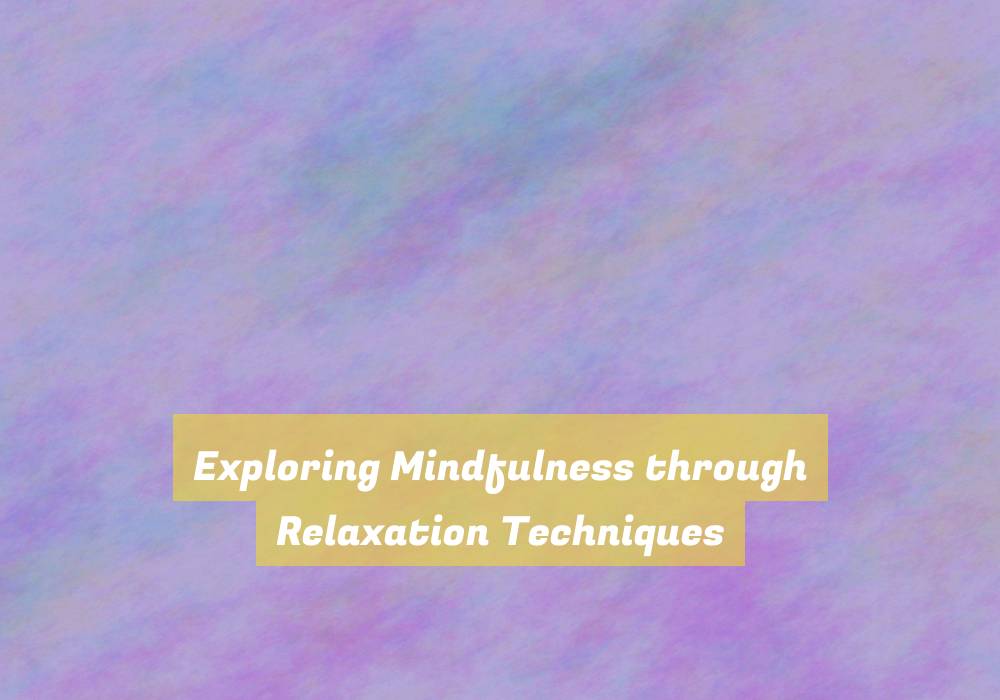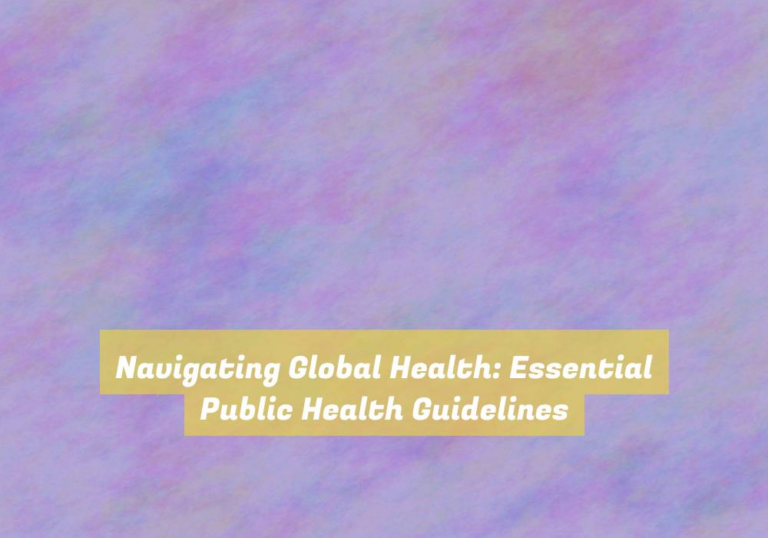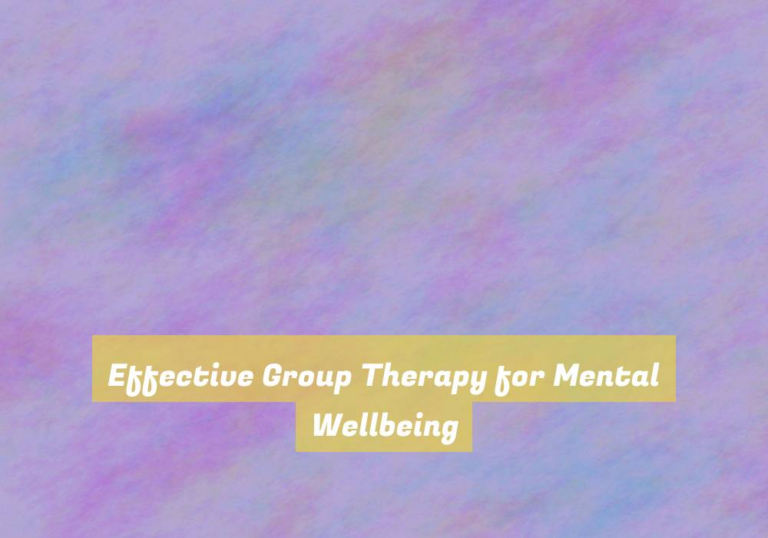Exploring Mindfulness through Relaxation Techniques
You might think that mindfulness and relaxation techniques are just a passing trend, but the benefits they offer are backed by extensive research and have been practiced for centuries.
By incorporating mindfulness into your daily routine through relaxation techniques, you can experience reduced stress, improved focus, and a greater sense of well-being.
But how exactly can you achieve this in a practical and sustainable way?
Well, letG??s explore some effective relaxation techniques that can help you tap into the power of mindfulness and enhance your overall quality of life.
Benefits of Mindfulness
Mindfulness practice enhances your ability to manage stress and improve your overall well-being. By developing a heightened awareness of your thoughts and emotions, you can gain better control over your reactions to stressors. When faced with challenging situations, mindfulness allows you to approach them with a calmer and more composed mindset. This can lead to a reduction in the negative impact of stress on your mental and physical health.
Furthermore, practicing mindfulness has been shown to improve your overall well-being by fostering a greater sense of contentment and fulfillment. By being fully present in the moment, you can savor and appreciate the experiences and relationships in your life. This can lead to a greater sense of happiness and satisfaction.
Moreover, mindfulness can also enhance your cognitive abilities, such as attention, memory, and decision-making. By training your mind to focus on the present moment, you can improve your concentration and mental clarity. This can have a positive impact on various aspects of your life, from work performance to personal relationships.
Relaxation Techniques for Mindfulness
Incorporate relaxation techniques into your mindfulness practice to enhance your ability to manage stress and improve your overall well-being. One effective technique is deep breathing.
When you feel stressed or overwhelmed, take a few minutes to focus on your breath. Inhale deeply through your nose, hold it for a moment, and then exhale slowly through your mouth. This simple practice can help calm your mind and relax your body.
Progressive muscle relaxation is another powerful technique. Start by tensing and then releasing each muscle group in your body, from your toes to your head. This process helps release physical tension and promotes a sense of relaxation.
Guided imagery is also beneficial for mindfulness. Find a quiet space, close your eyes, and visualize yourself in a peaceful, serene environment. Engaging your senses in this mental imagery can promote relaxation and mindfulness.
Lastly, consider incorporating mindfulness meditation into your routine. Find a comfortable position, focus on your breath, and bring your attention back to the present moment whenever your mind starts to wander.
These relaxation techniques can deepen your mindfulness practice and help you cultivate a greater sense of calm and well-being.
Incorporating Mindfulness Into Daily Life
When you infuse mindfulness into your daily life, you can apply the relaxation techniques youG??ve learned to effectively manage stress and enhance your overall well-being. Start by incorporating mindfulness into routine activities such as eating, walking, or even brushing your teeth. Focus on the present moment without judgment, allowing yourself to fully experience each sensation.
As you go about your day, take a few moments to pause and observe your surroundings, your thoughts, and your emotions. This can help you stay grounded and prevent feelings of overwhelm.
Another way to integrate mindfulness into your daily life is by practicing gratitude. Take time each day to reflect on the things youG??re grateful for. This can shift your focus from negative thoughts to positive ones, fostering a sense of contentment and reducing stress.
Additionally, mindfulness can be woven into your interactions with others. Listen actively and engage fully in conversations, fostering better connections and understanding.
Incorporating mindfulness into your daily life doesnG??t have to be time-consuming. ItG??s about finding moments throughout your day to bring yourself back to the present and cultivate a sense of calm and awareness. These small actions can have a significant impact on your overall well-being.
Mindfulness Practices for Well-being
To enhance your overall well-being, consider integrating mindfulness practices into your daily routine to cultivate a sense of calm and awareness. Mindfulness, rooted in the concept of being present in the moment without judgment, can significantly contribute to your mental and emotional wellness.
One simple yet impactful practice is mindfulness meditation. By setting aside just a few minutes each day to focus on your breath and observe your thoughts without getting caught up in them, you can begin to build resilience to stress and enhance your overall sense of well-being.
Another beneficial mindfulness practice is mindful walking. Take a break from your busy day to go for a leisurely walk, paying attention to each step and the sensations in your body. This can help ground you in the present moment and provide a much-needed mental break.
Additionally, practicing mindfulness in everyday activities such as eating, listening, and even washing dishes can bring about a greater sense of contentment and connection to the world around you.
Conclusion
So, as you can see, mindfulness can greatly benefit your well-being.
By incorporating relaxation techniques into your daily life, you can experience reduced stress, improved focus, and a greater sense of peace.
Take time each day to practice mindfulness and reap the positive effects on your mental and physical health.
Remember, mindfulness is a journey, so be patient with yourself and allow the benefits to unfold naturally.





I really appreciate your insights on the lasting impact of mindfulness practices. Personally, I’ve found that integrating small moments of mindfulness throughout my day—like taking a few deep breaths before diving into work or savoring my morning coffee without distractions—can genuinely shift my mindset.
It’s great to hear how you’ve been incorporating mindfulness into your daily routine. Those small moments, like breathing before work or truly enjoying your coffee, can make a significant difference. It’s fascinating how something as simple as being present can shift our perspective.